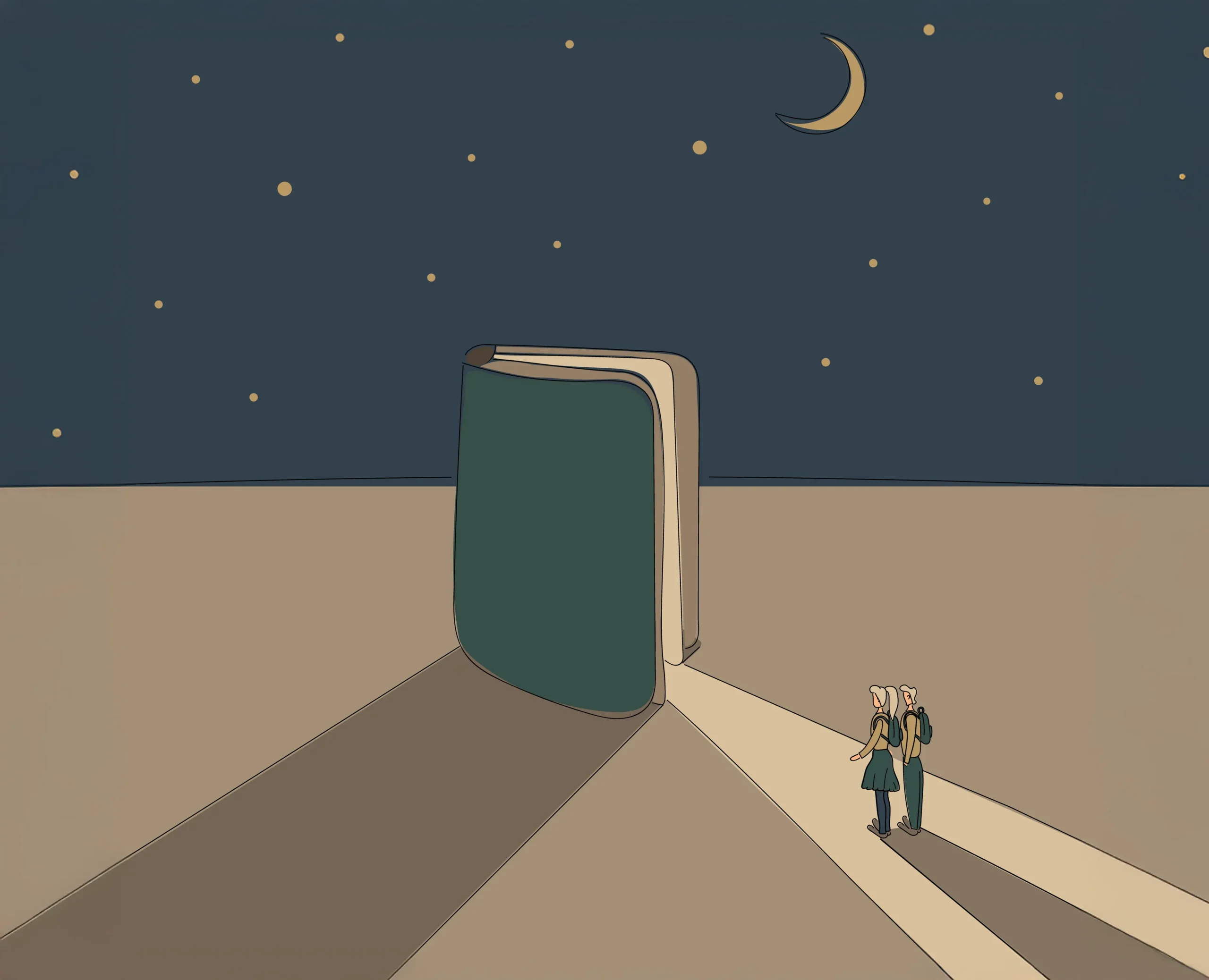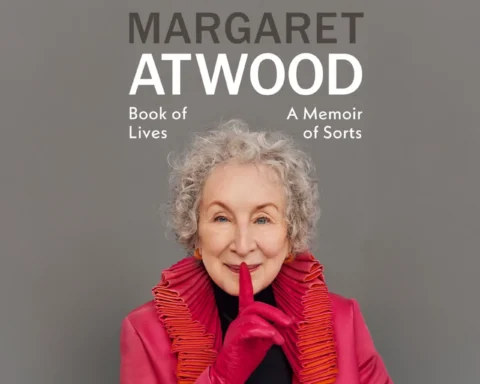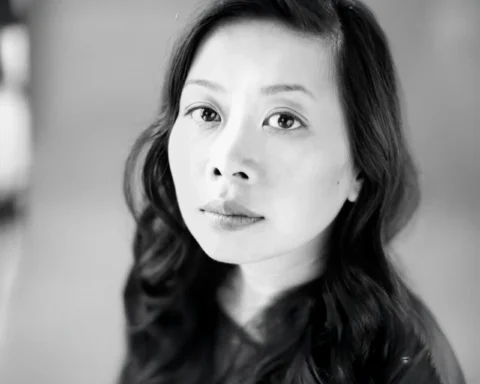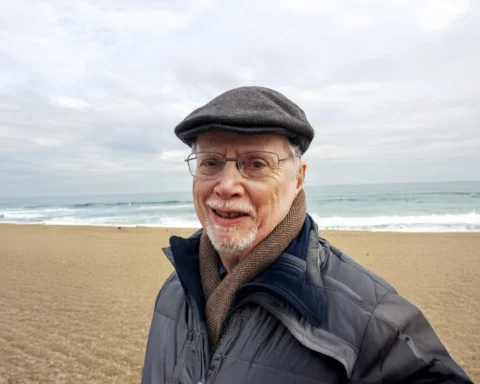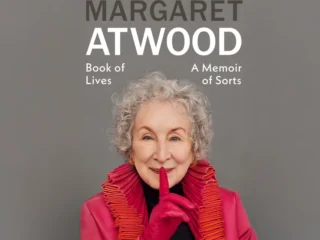–By J.S. Porter
My friend Jen is returning to China, one of her homelands. I telepathically send her messages not to forget her other homeland (Canada). China is already built. Canada is still under construction.
Jen is a reader and a writer and a student of Human Geography. I had heard of Urban Geography but not Human Geography. I had to Google: “Human geography is a branch of geography that focuses on the study of people, their cultures, economies, and interactions with the environment.”
Jen has a beguiling voice in her writing, a distinctive way of seeing (strong at seeing the interconnections and interpenetration of things) and a distinctive way with words (surprising turns and leaps) that pull the reader into her verbal energy. As a going away present, I gave her a list of books on writing with which she might choose to familiarize herself in her spare time.
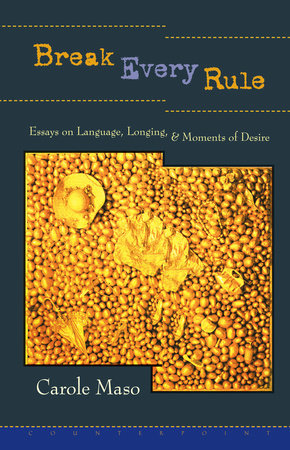
The first book on my list was Carole Maso’s Break Every Rule: Essays on Language, Longing & Moments of Desire. (Wise to know the rules, mind you, before you break them or play with them.) I’ve starred it and some others I’ve personally found helpful. But, first, here are a few gold nuggets from Maso’s book:
Build a home of language
Home is anywhere my mind catches fire, my body. Where language trembles and burns.
How to prolong the lyric moment?
My form is always an odd amalgam—taken from painting, sculpture, theory, film, music, poetry, dance, mathematics—even fiction sometimes.
A place for the random, the accidental, the overheard, the incidental. Precious, disappearing things.
A polyphony. A bouquet of voices.
Miracles might arrive.
Not to tyrannize with narrative. Allow a place for the reader to live, to dream.
Each word a boat.
This is what literature became for me: music, love, and the body. I cannot keep the body out of my writing; it enters the language, transforms the page, imposes its own intelligence.
Language is a woman, a rose constantly in the process of opening.
Vibrant, irresistible, incandescent.
Electronic writing will help us to think of impermanence, facility, fragility, and freedom, spatial intensities, irreverences, experimentation, new worlds, clean states… will give us a deeper understanding of the instability of texts, of worlds.
Now here’s the complete booklist I gave my friend:
- *Carole Maso, Break Every Rule: Essays on Language, Longing, & Moments of Desire
- Margaret Atwood, Negotiating with the Dead: A Writer on Writing
- Susan Sontag, At the Same Time: Essays & Speeches
- *Ernest Hemingway on Writing, edited by Larry W. Phillip, alongside the; companion volume: F. Scott Fitzgerald on Writing, also edited by Phillips.
- *Hélène Cixous, Three Steps on the Ladder of Writing
- Hélène Cixous, Coming to Writing and Other Essays
- Molly Peacock, How to Read a Poem
- *Evelyn Lau, Inside Out: Reflections on a Life So Far
- *Don McKay, Vis à Vis. – or any other of his prose works.
- *Dennis Lee, Body Language
- *Di Brandt, this is the world & here i am in it
- *Marguerite Duras, Practicalities
- *Dionne Brand, A Map to the Door of No Return
- Joyce Carol Oates, The Faith of a Writer: Life, Craft, Art
- *Nancy Huston, Losing North; plus, Longings and Belongings (Essays)
- Daphne Marlatt, Readings from the Labyrinth
- V.S. Naipaul, Reading & Writing: A Personal Account
- *Kristjana Gunnars, The Rose Garden: Reading Marcel Proust
- Alfred Kazin, Writing was Everything
- Alvarez, The Writer’s Voice
- *Hemingway, A Moveable Feast (original edition). Still fresh and beautiful, even in its bitchiness.
- Marguerite Duras, Writing (Écrire)
- Joan Didion, Let Me Tell You What I Mean


